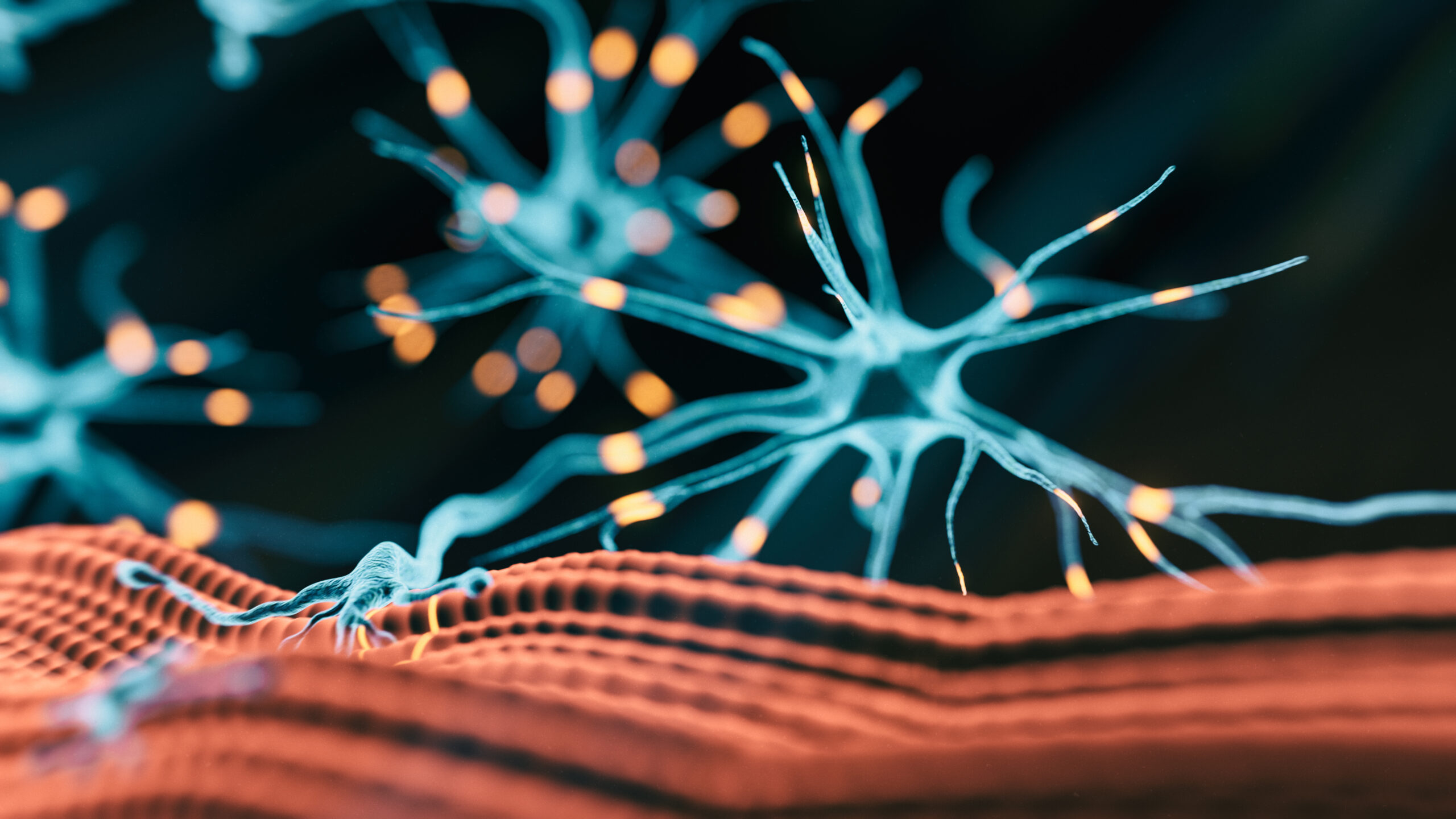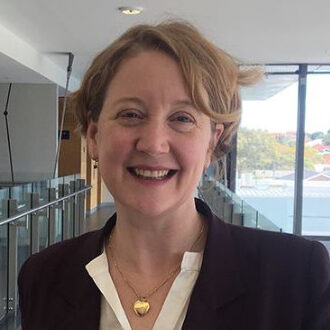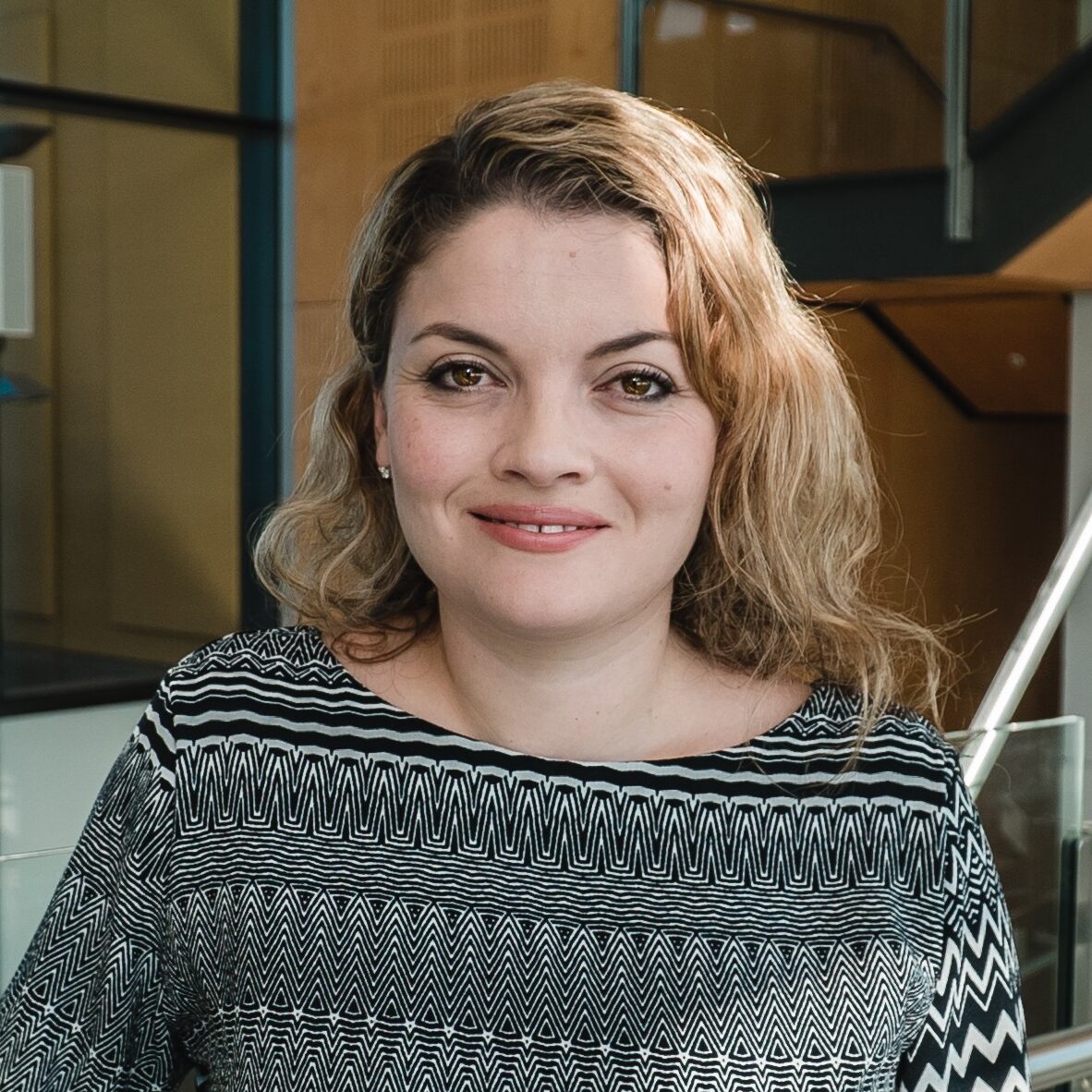Neurological disorders have devastating consequences for millions of Australians. Ranging from the relatively common epilepsy, Parkinson’s disease and multiple sclerosis, to rarer and less well understood conditions, there are important opportunities to improve treatment and care. Mindgardens is focusing on multi-disciplinary diagnosis and support that responds directly to patients’ experiences and priorities.
In this video, neuropsychiatrist Dr Adith Mohan discusses the Mindgardens Functional Neurological Disorders (FND) Clinic, and the difference it is making in patients’ lives.
Statistics
100000
More than 100,000 Australians live with Parkinson’s Disease
3.5%
About 3.5% of Australians will experience epilepsy during their lives
30
Multiple sclerosis is most commonly diagnosed between ages 20 to 40
30
Neurological disorders cost more than $30 billion a year
Services
Functional Neurological Disorders Clinic
The Mindgardens FND Clinic, the first public clinic of its kind for adults with FND in NSW, commenced operations in September 2022 at Prince of Wales Hospital. A short-term specialist service, it offers empathic, multidisciplinary treatment and support to FND patients and will develop a gold standard model of care, continually refined using patient assessment data.
Functional Neurological Disorder Clinic
Stories of Change
How MindLabs contributes
Advocacy for system change
Connecting clinicians, consumers and researchers
Optimising the research agenda
Building for clinicians’ research skills
Enhancing lived experience engagement in neurological healthcare reform
Researchers
Depression & Pain Treatment
INTERACTION: Intergenerational clinical trial in at risk older adults and pre-school children
Measuring and Improving Wellbeing
Brings together the strengths of four founding organisations













